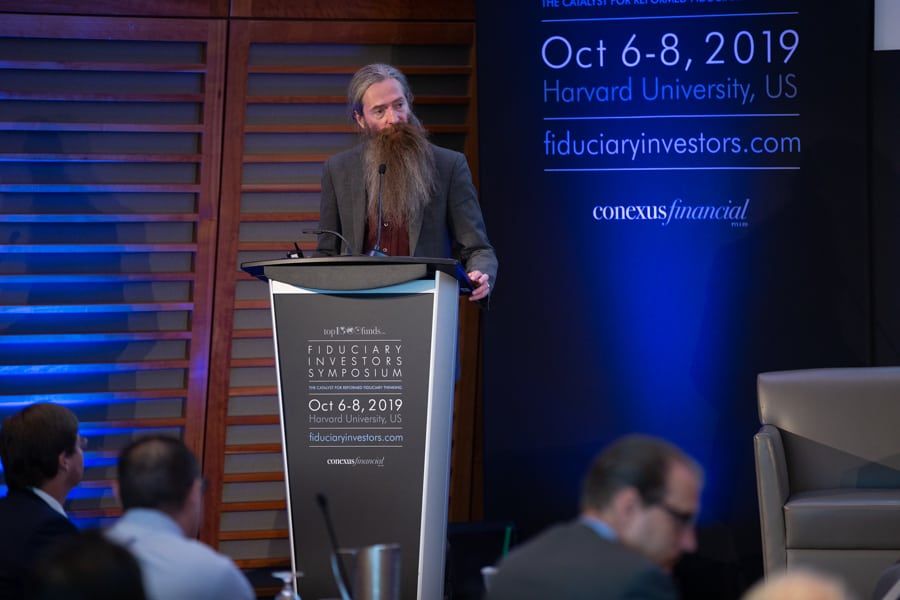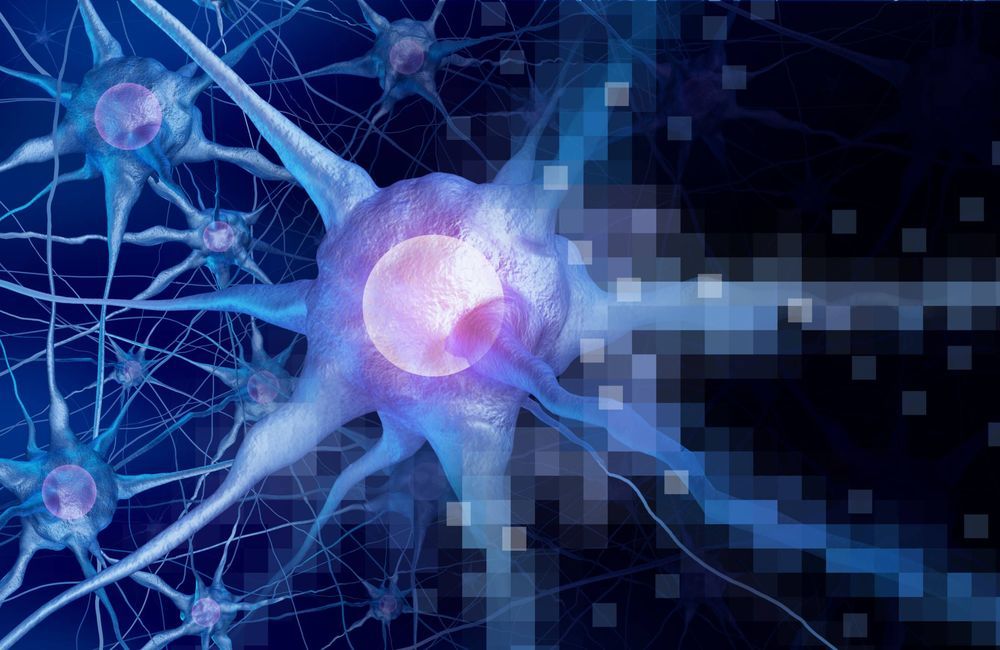Understanding the economic implications of changing demographics is essential for investors, said Aubrey de Grey, a biomedical gerontologist speaking at the Fiduciary Investors’ Symposium at Harvard University. De Grey, who is also the chief science officer of SENS Research Foundation, a California-based biomedical research charity, warned gathered delegates that they need to urgently position for people living much longer.
“The implications will change your outlook on the future. You need to understand and believe the actual logic of what is coming,” he said.
He noted that medical advancement has eliminated many of the problems that used to kill people when they were young. For example, better hygiene saves lives the world over. In contrast, health problems in later life are still killing many of us in an enduring ageing process. Simply defined, this sees our metabolism generate damage over the years that cause accumulative changes over time. We can only tolerate so much change; inevitably we go down hill until we die, he said. Today the majority of medical effort is concentrated on geriatric medicine and managing the consequences of this ageing process. Yet attacking the consequences of something that is accumulating is the wrong way to approach the problem.






